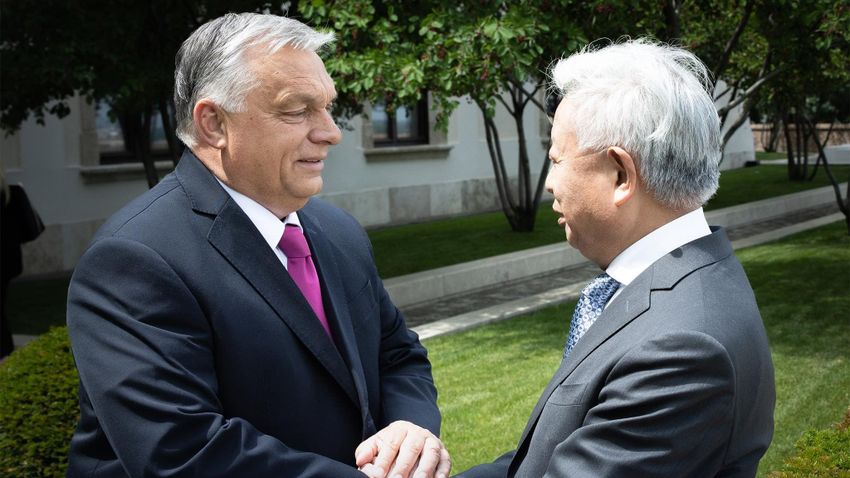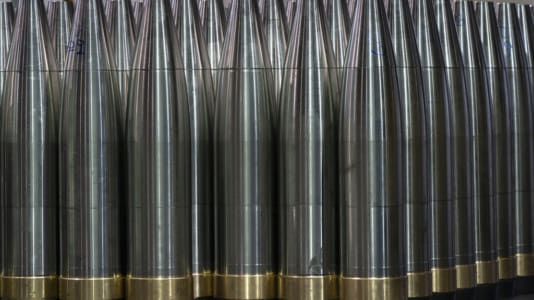Hungary has increasingly sought investment and cooperation with countries like Japan, China and South Korea in order to grow its economy, and those efforts are now bearing fruit, said Prime Minister Viktor Orbán after holding talks with the head of the Asian Infrastructure Investment Bank (AIIB) in his office on Monday.
The meeting between Orbán and Jin Liqun was also attended by the Hungarian Minister of Economic Development Márton Nagy.
Hungary’s largest foreign investors in working capital are now Asian companies, mainly from China, Korea and Japan. In addition, Asian commercial banks are also showing increased interest, market presence and activity.
Hungary attaches an important role to Asian capital in achieving its economic development goals, and it sees AIIB membership as a bridge to help the country play a greater role in Asia, said Havasi, the deputy state secretary in charge of the Prime Minister’s Press Office.
Hungary’s prime minister later announced in a Toshihiro Suzuki, president and chairman of Suzuki Motor Corp., whom he called in a Facebook post “Hungary’s most loyal investor.” Suzuki began car production in Hungary in 1992 and this year plans to produce some 147,000 cars in the country.
In May of this month, Remix News reported that a Chinese automotive firm had agreed to invest €3 billion in Hungary.
Reacting to the announced investment, Minister of Foreign Affairs and Trade Péter Szijjártó said during a trip to Beijing: “We appreciate the fact that Hungary has become the number one investment destination for Chinese companies in Central Europe. We want to keep this process going, (…) so we will continue to encourage Chinese investments, and we will always give maximum support to them.”
Hungary’s foreign minister also stressed that Hungary does not view China as a threat, even if other Western nations increasingly use such negative rhetoric toward the Asian country.
“We do not agree that China should be treated as a risk or a threat. We believe that cooperation with China has huge potential for our partners. We therefore want to continue to develop cooperation between the European Union and China, which obviously does not include, for example, the EU putting Chinese companies on a sanctions list or imposing export restrictions on Chinese companies,” said Szijjártó.
Hungary increasingly not only sees Asian countries as sources of investment. They additionally provide an opportunity to diversify its economy during a time when Western European partners are becoming increasingly unreliable, especially due to ideological issues surrounding immigration and progressive values. Germany, for instance, is being accused of pressuring German company Siemens to withhold vital nuclear energy technology from Hungary in order to harm Hungary’s government, which Hungary has said threatens Hungary’s long-term energy supply.





